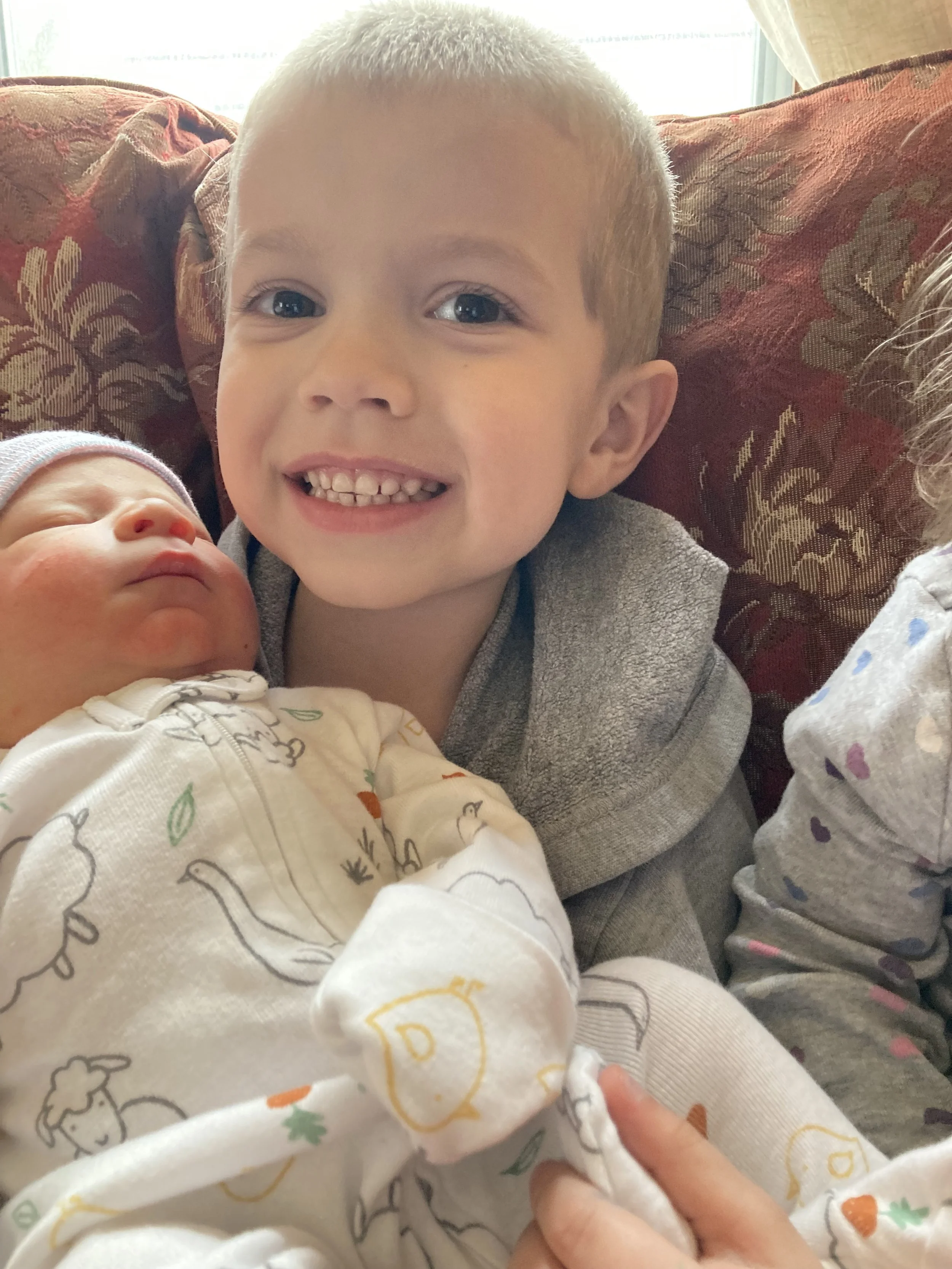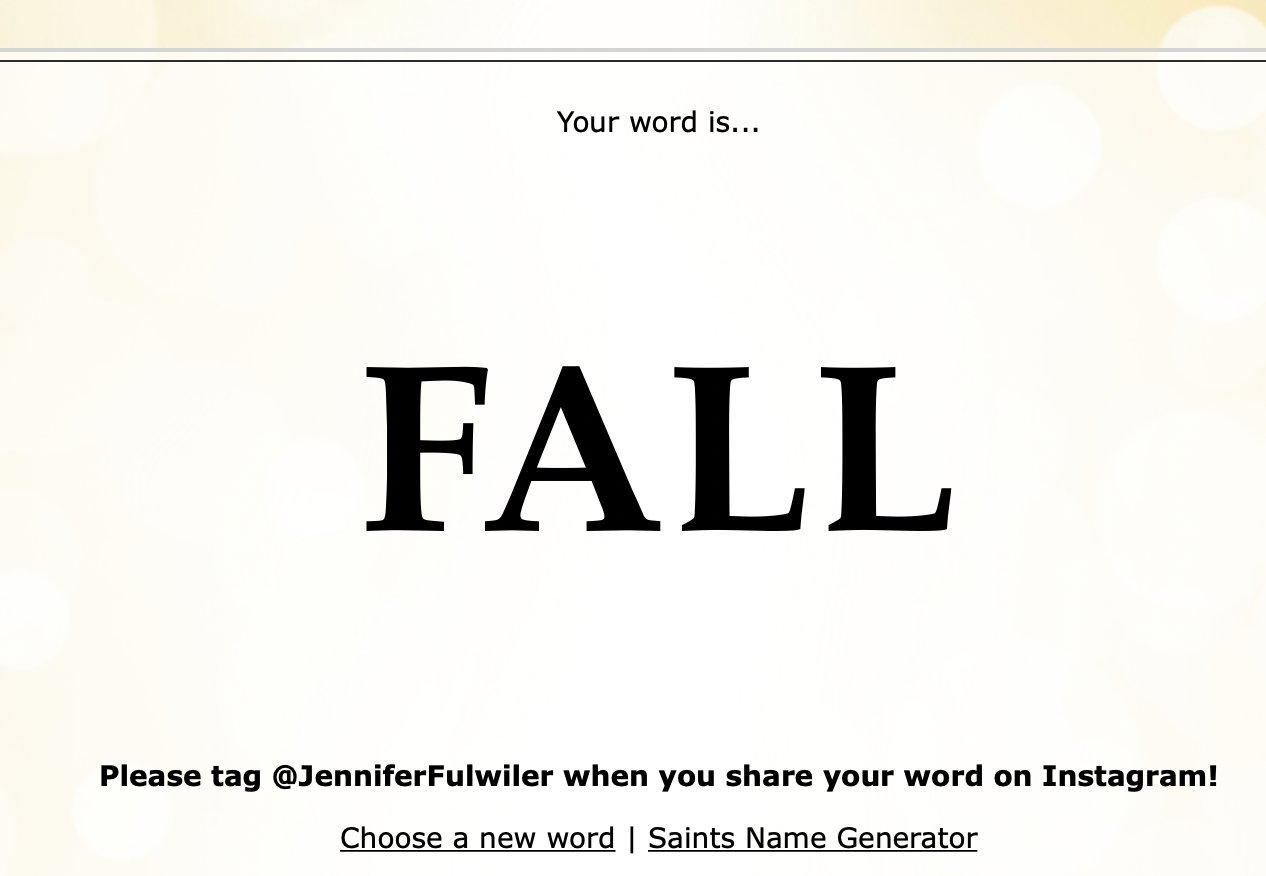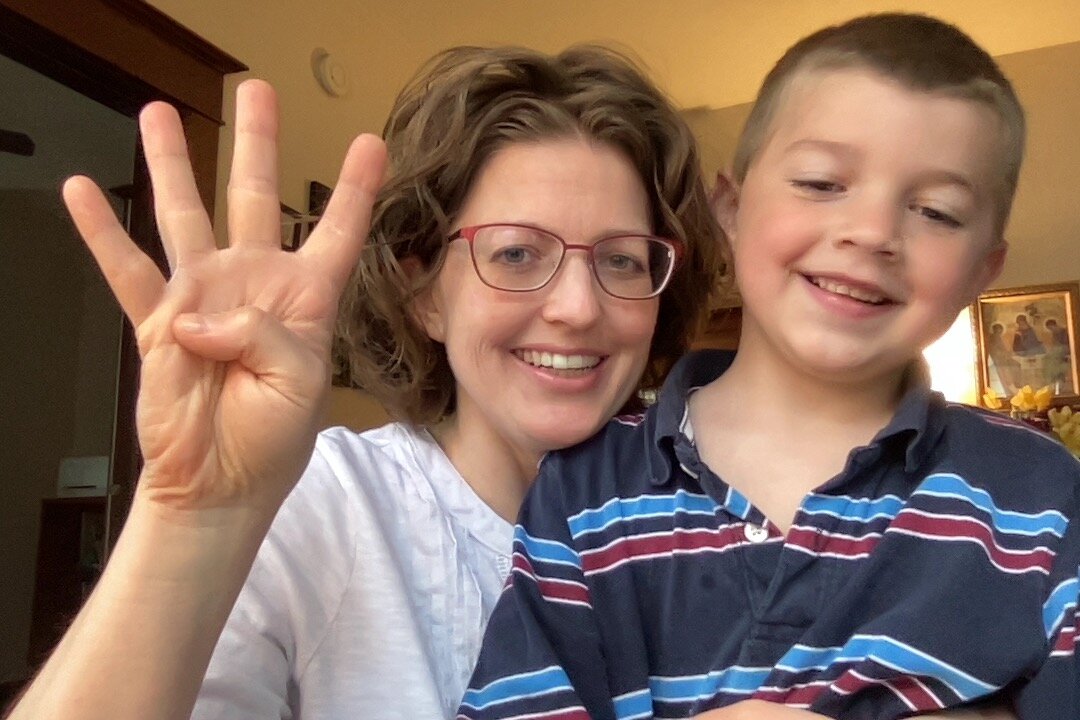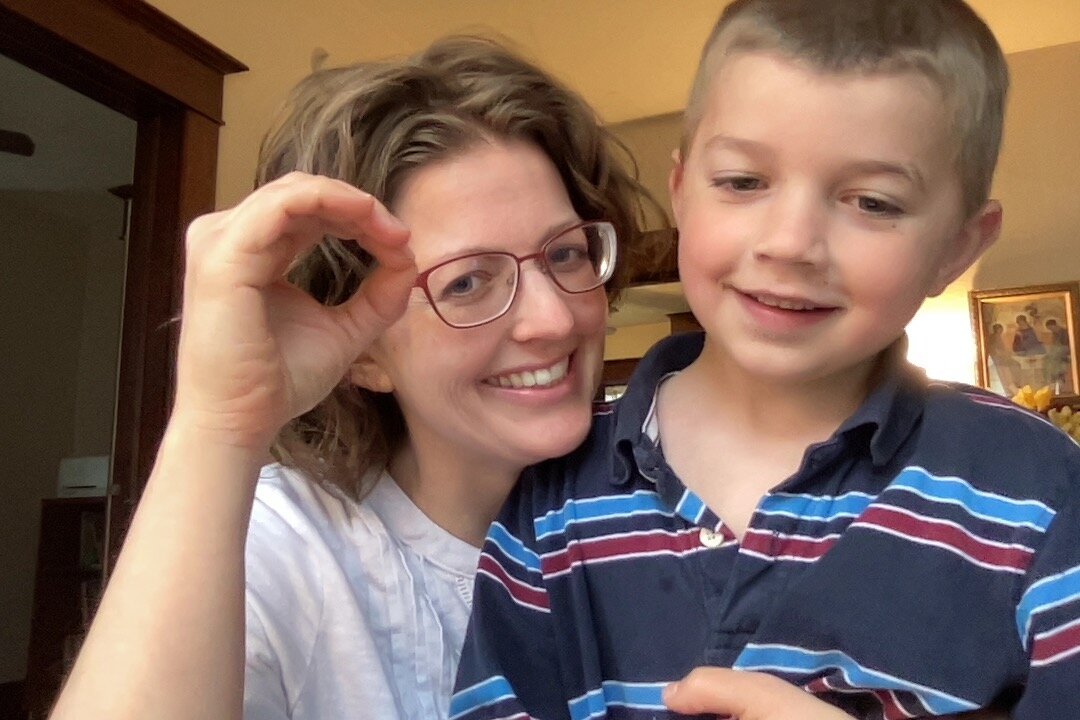Finally, seven months after its release, someone has objected to the religious content of In Pieces. Before publication, I had thought it would be the first complaint I’d hear. That it took seven whole months is proof that I’m small potatoes.
Don’t feel sorry for me. We are all free to like or dislike a book, the religious critique doesn’t bother me, and I am not here to debate a reader—that would be silly. But the fact that I finally did receive that criticism reminded me that I’ve been meaning to blog about religion in fiction generally, and religion in the Molly Chase series specifically. I’ve been thinking through approaches and guiding principles, and I’m curious to know what y’all think.
No one likes “preachy” fiction. The workings of grace are mysterious, and our attempts to describe religious experience often fall flat, especially for readers outside the writer’s denominational soup pot. Authors are instead advised to depict religious experience at a slant, rather than directly, whenever possible. Doing so keeps the themes from reading on the nose.
But what do we do when we have a story about religious people? Who grapple with religious truths? Who experience religious awakenings? Who live within and react to the particularities of their religious culture? Whose beliefs shift or make demands and effect their choices and comprise the story’s plot? Do we ignore these stories all together, out of fear of writing preachy fiction?
Of course not. Many great novels take up religious subject matter. Novels like Brideshead Revisited, Kristin Lavransdatter, The Brothers Karamazov, Silence, anything by George Eliot…
…but I am no Evelyn Waugh or Sigrid Undset or Fyodor Dostoevsky or Shūsaku Endo or George Eliot. Therein lies the problem.
What to do?
Dostoyevsky's notes for Chapter 5 of The Brothers Karamazov (Wikipedia).
Let me pause to lay my cards on the table. I was raised in the Church of God and became a Catholic my senior year of college. While I was in the process of converting, I met my husband, a cradle Catholic and “revert,” or a fallen-away Catholic who returned to the faith. He is now a theologian and professor of Catholic studies at a Protestant college. (You can learn more about his story here.) I am not a bitter convert. I have nothing but love and gratitude for the people who taught me about Jesus and baptized me. I see my conversion as a continuation of the journey I began under their care. One Lord, one faith, one baptism, one God and Father of us all.
I say this not to downplay the real and painful divisions in the Church, but to emphasize that a person can embrace what is common to all Christians, in the hope of restoration and full communion, while holding to one’s own beliefs.
Despite my background, I never set out to tell a Protestant-to-Catholic conversion story. Conversions are notoriously tricky to write, and I was plenty annoyed when Josiah Robb decided this was his (and consequently Molly’s) path. I understand now why the story itself demands a conversion, but I was and continue to be uncomfortable writing it. In the early draft of what became In Pieces, I tiptoed around the subject, not wanting to annoy or upset future readers—it’s a subplot, after all, so no need to draw attention to it. Right?
This was the manuscript I submitted to WhiteFire Publishing at the end of 2019, several months before they—we—founded Chrism Press for Catholic and Orthodox Christian voices. WhiteFire serves a broad range of Christian audiences, yet I remained concerned that my book was too Catholic for them, even with my soft-shoe approach. Again, I’m a convert. I know both sides, and certain things simply do not translate across the Tiber.
Little did I expect WhiteFire to ask me to lean into the book’s Catholic themes.
Which makes sense! Better to write with boldness than to placate a hypothetical antagonistic reader, right? (I can hear my publisher’s voice right now: “Let the audience self-select!”) Yet I still wanted to write something that engaged, rather than enraged, non-Catholic readers. The Catholic viewpoint is as valid a storytelling viewpoint as any, but I wanted to avoid preaching to the choir. After some back-and-forth (“Are you sure?” “Yes, we’re sure”), I got to work.
These are the tactics I employed:
(1) I reframed the fundamental conflict as personal and familial rather than theological. Know thy genre: this is a story, not a theological treatise. (Zzzz…) I moved most of Josiah’s theological wrestling to the backstory so that he has but a handful of questions remaining when the book opens. The conflict instead centers on his relationship with his devout Congregationalist mother, Sarah Robb. He doesn’t want to disappoint or worry her. A reader may or may not care about the religious stakes, but family conflicts are universal.
(2) I developed Sarah Robb’s character to ensure she wasn’t a straw man. With the help of my writing group—all Protestants—I worked to make sure Mrs. Robb’s side of the conflict read well. I had already determined she was the daughter of a minister; it wasn’t a stretch to show her as educated, well-catechized, and wise. I reworked any dialogue or narrative that smacked of small-mindedness or bigotry. I also legitimized her criticisms of Josiah’s discernment process—she can see his shortcomings. (For the record, I adore Mrs. Robb. She’s one of my favs.)
(3) I brought in other viewpoints, including Molly’s. Molly’s family is Episcopalian, and her late mother had a rich faith life born of redemptive suffering. One of my favorite Molly lines: “Molly never understood why these distinctions mattered. Her mother had taught her that God’s grace was at work in every person who sought Him.” However, Molly’s opinion is decidedly a minority opinion, because…
(4) I set the conversion in its particular historical context. In Pieces opens in 1793, thirteen years after Massachusetts amended its constitution to allow the free practice of religion and two years after the ratification of the Bill of Rights. At the time, once-Puritan Boston was going through a religious upheaval, seen in its new denominational plurality and felt most acutely in the rise of Unitarianism, as church after church renounced “irrational” Trinitarian theology. This was (and is) a big deal. Bostonians of 1793 cared deeply about theological and philosophic principles. We may live in a relativistic age that sees “religion” as antithetical to faith, but not they. That Josiah is an armchair theologian, and that Mrs. Robb is panicking about her son’s unorthodox views, fits the setting.
(5) Finally, I left certain questions unresolved—most importantly, the matter of Josiah’s conversations with his dead father. Was his childhood vision real? Is this wishful thinking, as Mrs. Robb thinks it is? He may very well be delusional. His experience is sketchy even on Catholic grounds, despite Catholicism’s theological framework for private revelation and saintly intercession. The reader is free to interpret things as he will.
Was I successful? Well, at least one reader thought I failed miserably. C’est la vie.
Panning back from my own work, it’s worth asking ourselves what we’re looking for when we read “religious” stories. Do we want to recognize ourselves? Do we seek edification? Affirmation? Knowledge? Understanding? Familiarity? Unfamiliarity? What conflicts and questions are we interested in? Not interested in? Do we like our religion explicit on the page, or kneaded into the story’s dough? Do we not like religion at all? And why are our preferences what they are?
Writers: Are you eager to write about religion, or do you shy away from it? Why? What do you think is the best approach to take?



















